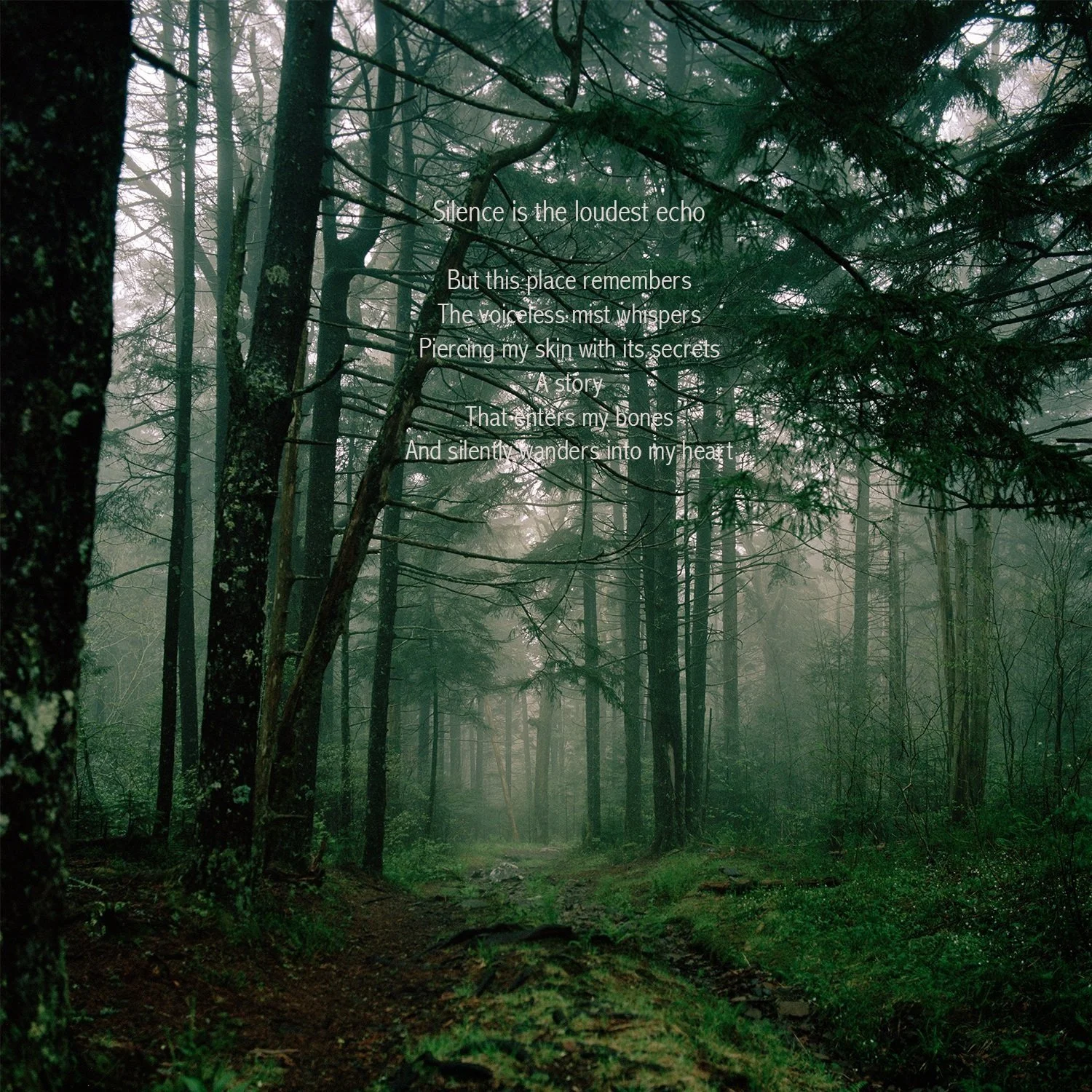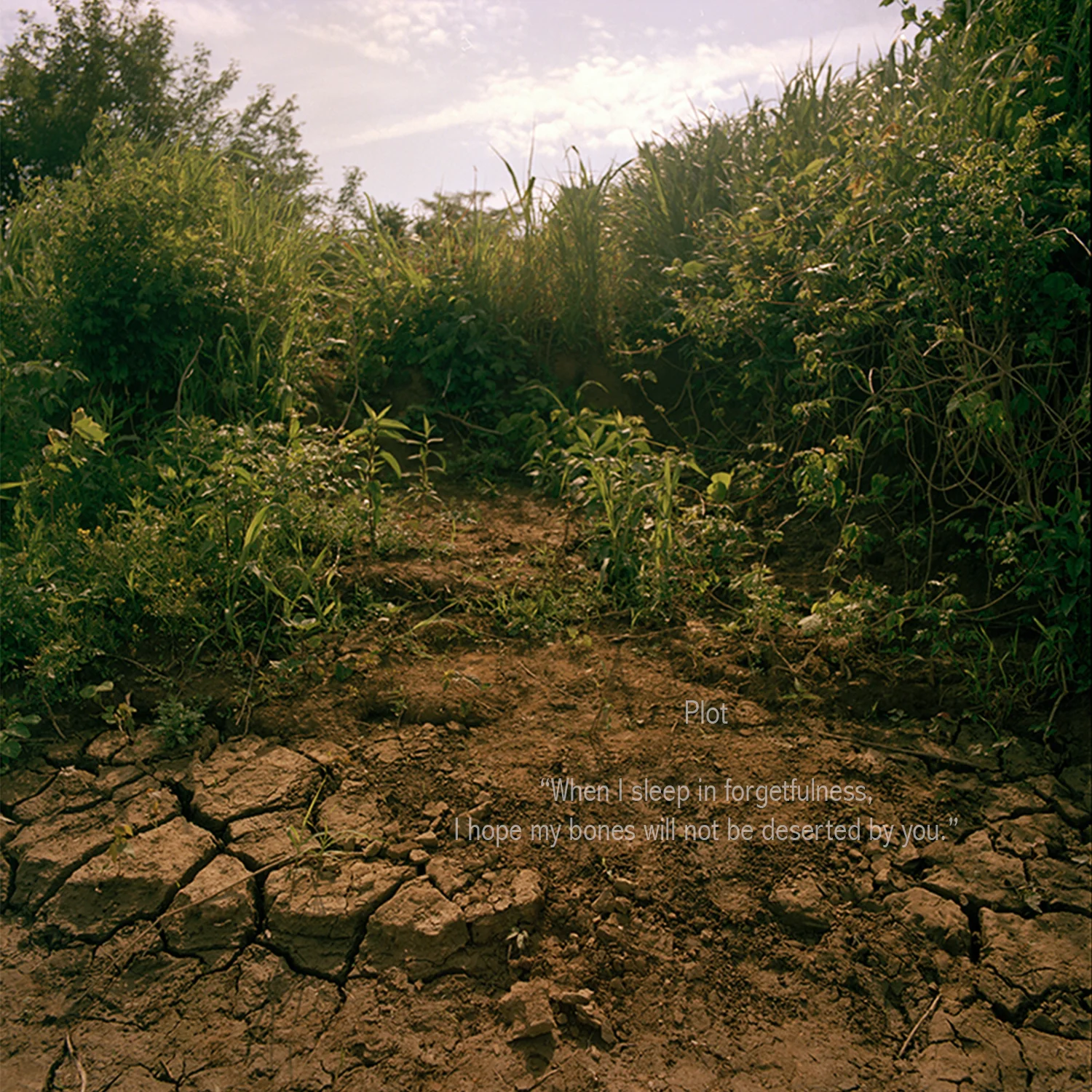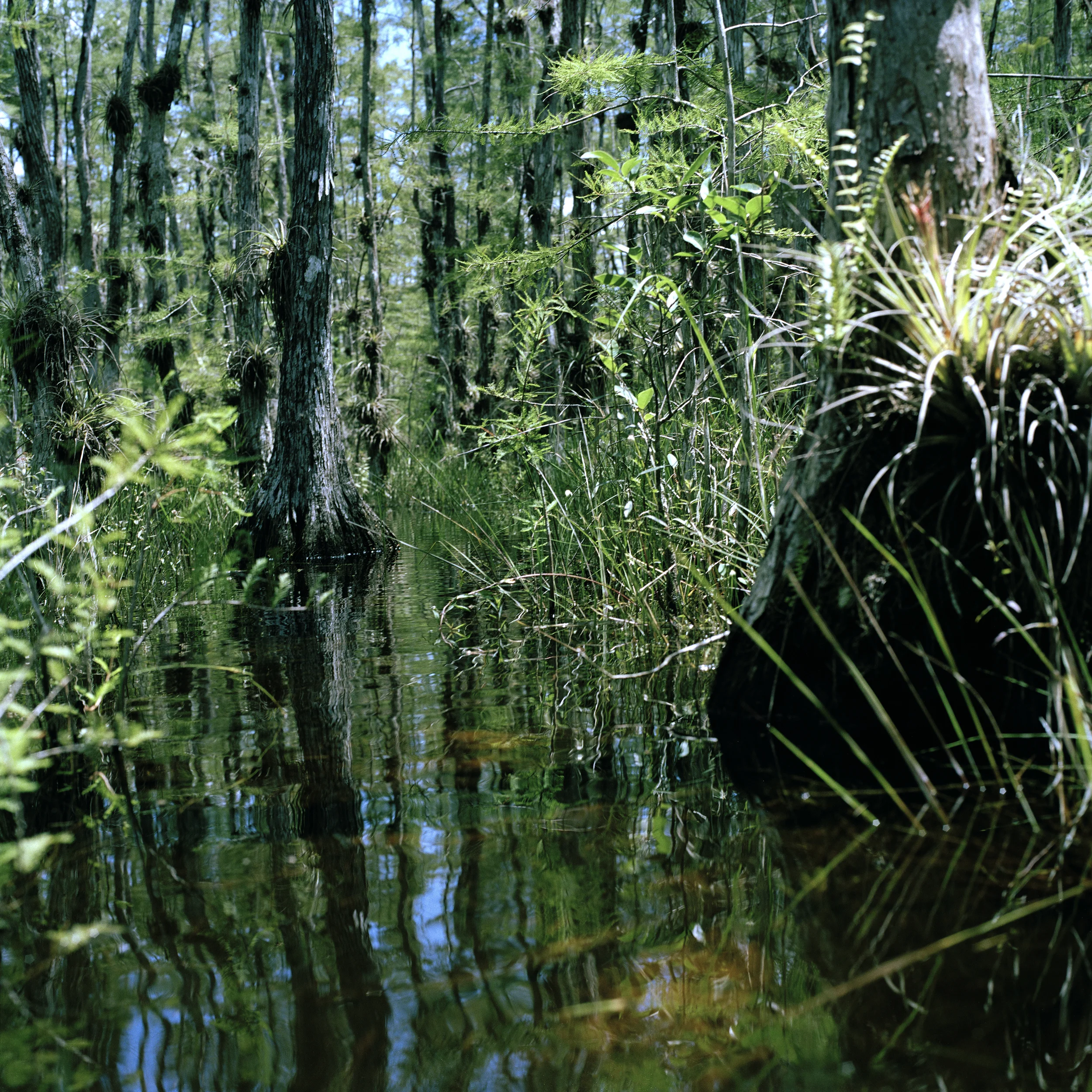



























It has been almost 200 years since the 1830 Indian Removal Act. A US Government law that resulted in the forced migration of tens of thousands of American Indians from their sacred ancestral homelands in the southeastern United States across the continent to the west. An event widely known as the Trail of Tears.
This enforced removal not only resulted in a decimation of Tribal numbers, but also engendered a shift in cultural identity. In Cherokee legend, ancestors emerged from the mountains themselves, meaning that a person is of a place, not from it. Removal from these sacred lands meant a disconnection from self.
While no physical trace remains of this journey, which totalled thousands of miles and resulted in the loss of over four thousand lives, echoes of the past remain.
Through retracing the footsteps of those forced along the Trail, Ghost Paths works to reveal how memory is not secretive. It can be shared.
As time passes and physical evidence is lost, a journey on foot can become a walk back into history, and the past itself can be conjured into being by each generation who treads on old ways with new feet.
"The water holds our tears of joy and sorrow. The rocks hold the sound of our great language. The soil has absorbed our blood and continues to clutch our footsteps. No amount of removal or federal policy can strip this land of the memories in embraces."
- Michell Hicks, former Principal Chief, Eastern Band of Cherokee Indians.
Ghost Paths explores what lies beneath the visible landscape: the sensations of the past and the memories that land holds.
Image text repeated below for clarity:
1. Silence is the loudest echo
But this place remembers
The voiceless mist whispers
Piercing my skin with its secrets
A story
That enters my bones
And silently wanders into my heart
By Elizabeth Waight
2. And the mountains cried too
“The bears are transformed Cherokees of the old clan of the Ani-Tsaguhi. Their chief is the White Bear, who lives in Kuwahi, Mulberry Place, one of the highest peaks in the Great Smoky Mountains, near to the enchanted lake of Atagahi, to which the wounded bears go to be cured of their hurts. Under Kuwahi and each of three other peaks in the same mountain region, the bears have townhouses, where they congregate and hold dances every fall before retiring to their dens for the winter. Being really human, they can talk if they only would, and once another bear was heard singing to her cub in words, which the hunter understood.”
Ayunini, an Eastern Band of Cherokees medicine man, told this Creation story to ethnographer, James Mooney, in the 1890s. The story reflects the deep connection the Cherokee have with their ancestral homelands.
3.An entreaty
“My friend you are about to sell our country. I now warn you of your danger.”
Warning by Opothle Yaholo, speaker of the Creek Nation to the Creek chief, William McIntosh on February 12th, 1825.
4. Unknown danger
“At this very moment a low sound of distant thunder fell on my ear. The sun was unclouded. No rain fell. It was looked upon as ominous of some future event in the West.”
- Cherokee, William Shorey Coodey, witness to the first detachment’s departure from the Cherokee Agency.
5. The arms of midnight
“I couldn’t tell her that I was afraid to be held by the night.”
Taken from Dora-Rouge’s bones, by Linda Hogan. In Skins, contemporary Indigenous writing, pg.79. Kegedonce Press, 2000.
6. Whispers
“You watched the trees move when the wind blew. You listened to them and they leaned forward to tell you things.”
Taken from Dora-Rouge’s bones, by Linda Hogan. In Skins, contemporary Indigenous writing, pg.79. Kegedonce Press, 2000.
7. Stories told by stones
… considerable sickness prevailing…
Doctor Townsend officially advised a suspension of our march…
… sickness continuing…
… sickness increasing …
Written by B.B Cannon, military captain of the first land detachment that travelled what became known as the Northern Route on the Trail of Tears.
8.Plot
“When I sleep in forgetfulness, I hope my bones will not be deserted by you.”
- Woman Killer, Cherokee Warrior,approx. 80 years old, from Hickory Log district, in present day Georgia.
9. Lost
Earth, that nourished thee, shall claim
Thy growth, to be resolved to earth again,
And, lost each human trace, surrendering up
Thine Individual being, shalt thou go
To mix forever with the elements;
To be a brother to the insensible rock.
From, Thanatopsis, by William Cullen Bryant, 1794–1878
10. Ceiling
Then
Swallows that picture of now
Moist bark saturated leaves
Gone
Brittle fingers point the way
For carrion birds circling
With patience in the cold dead sky
By Elizabeth Waight
11. America
“What good man would prefer a country covered with forests and ranged by a few thousand savages to our extensive Republic… filled with all the blessings of liberty, civilization and religion?”
Stated by President Andrew Jackson in his very first address to Congress as president, in 1829.
12. We are gone, we remain
“Although it is so crucial for us to focus on the good things – our tenacity, our language and culture, the revitalization of tribal communities – it is also important that we never forget what happened to our people on the Trail of Tears. It was indeed our holocaust.”
- Wilma Mankiller, Cherokee Nation Chief, 1993.